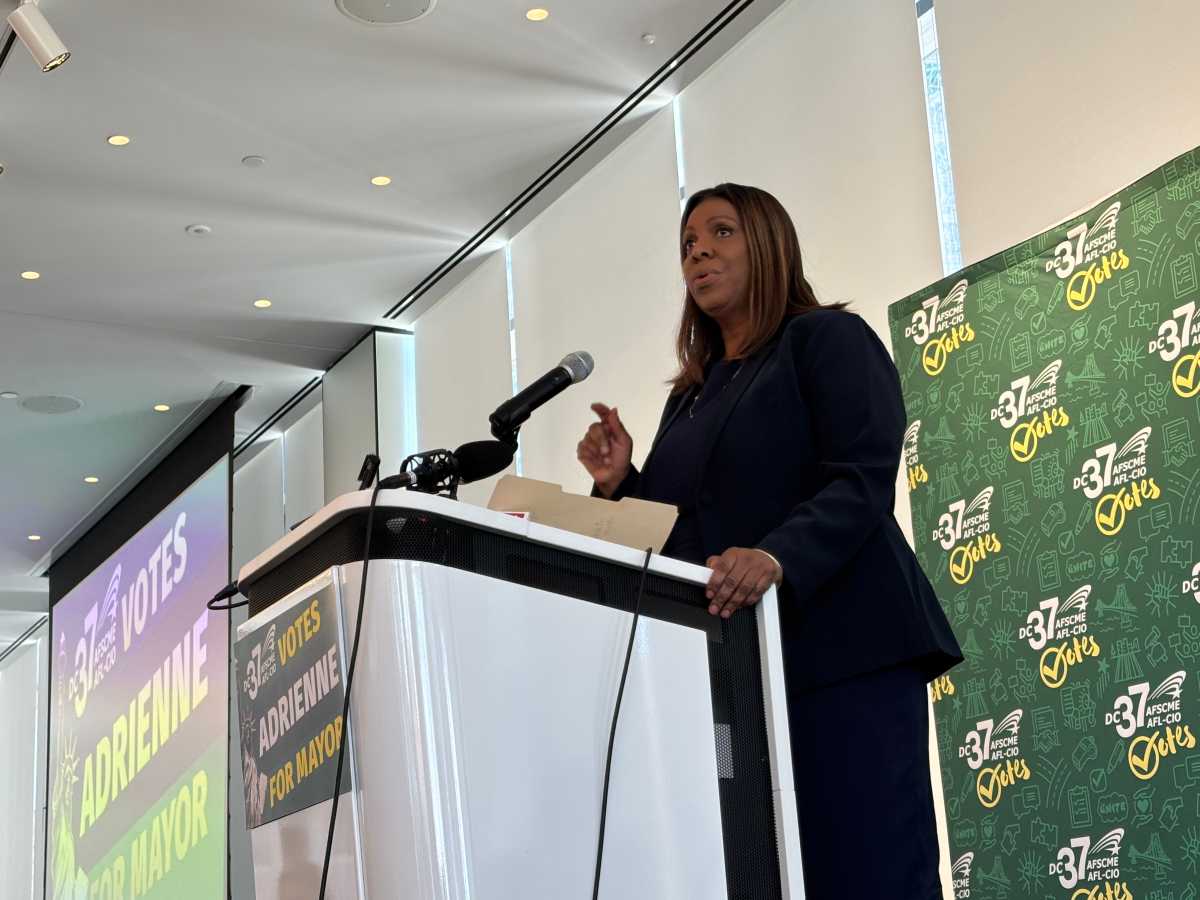Ailing 9/11 first responders. Brain-injured football players. An elderly Brooklyn resident who fractured a hip after falling into a hole outside her apartment. This seemingly disparate group has one thing in common: they were all victimized two times over.
Beyond the first incident that caused them bodily harm, they were each revictimized at the hands of the lawsuit lending industry, which preys on and profits from the bad fortune and desperation of others.
Lawsuit lending, formally known as third party litigation funding, can provide a vital lifeline to New Yorkers experiencing unexpected financial stress due to accidents, injuries, or mistreatment. It enables plaintiffs awaiting the outcome of a lawsuit to borrow against an expected judgement or decision to cover medical bills or day-to-day living expenses.
This is critical for those who are unbanked or underbanked and lack a financial safety net – like so many of our residents in the South Bronx. But without regulation, bad actors in the lawsuit lending industry are taking advantage of vulnerable borrowers.
It is long past time for my colleagues in the state Legislature to rein in this out-of-control industry by implementing commonsense reforms. Any efforts to improve consumer protections during this legislative session would be incomplete without addressing this critical issue.
Unlike a traditional loan, there’s no limit to the interest a lawsuit lender can charge, and their sky-high rates can siphon away most or even all a plaintiff’s award – potentially leaving them in debt.
In one example, a particularly unscrupulous lender charged Sept. 11 first responders 250 percent interest on loans as they awaited compensation and settlement payouts. Unfortunately, this was not an isolated incident. Lenders also don’t have to disclose lawsuit loans at any time during the litigation process, masking potential conflicts of interest and undermining the integrity of our criminal justice system.
Lenders argue that because they provide “non-recourse” loans, which don’t have to be repaid unless a borrower wins or settles their case, they should not be subject to the same disclosure requirements or interest rate limits as traditional lending instruments. However, the CEO of the world’s largest litigation funder, Burford Capital, admitted in a 2023 “60 Minutes” story that his company loses money on just 10 percent of the lawsuit loans they make. That’s hardly a risky investment.
Without interest rate caps and mandatory disclosure requirements, vulnerable individuals are at risk of being repeatedly victimized by the lawsuit lending industry’s misleading business practices. Often, a plaintiff’s own attorney plays a role.
The case of one Bronx woman is a perfect example – while awaiting a decision in her medical malpractice case in which one of her twins suffered brain damage, this grieving mother was directed by her attorney to a funding company owned by the attorney’s brother. The attorney was not mandated to disclose his relationship to the funding company, which made a loan with a 65 percent interest rate that eventually grew by 1.5 percent every month.
To be clear, traditional lenders who charge higher than 16 percent interest in New York may be liable for civil usury, and interest rates higher than 25 percent constitute criminal usury. Lawsuit lenders are exploiting a legal loophole to get around these caps and take advantage of New Yorkers in their time of need.
Some particularly predatory lawsuit lenders and their associates have been caught running elaborate fraudulent funding schemes and hit with criminal changes. The criminal justice system held these individuals accountable, but as long as the lack of regulation which encouraged and facilitated their crimes remains unaddressed, there is little to stop this from happening again.
There are several lawsuit lending reform bills pending in the Legislature but let me be clear: anything that does not include both an interest rate cap and transparency to level the legal playing field does not go far enough to protect vulnerable New Yorkers.
New York has always been a national leader in advancing progressive policies, but when it comes to lawsuit lending reform, we are falling far behind. Just this year, states like Indiana and West Virginia have enacted restrictions on third party litigation funding, while New York continues to facilitate the conditions for exploitation.
It’s time for us to act on reforms that will preserve a critical funding stream for plaintiffs who need it, while also protecting them from lenders intent on taking advantage of injured New Yorkers. A commonsense compromise exists, and we must act now to ensure that injured New Yorkers are not continually victimized by a predatory system.
Assemblymember Amanda Septimo represents the 84th Assembly District, which includes the neighborhoods of Mott Haven, Hunts Point, Concourse and portions of Highbridge in the South Bronx.






















